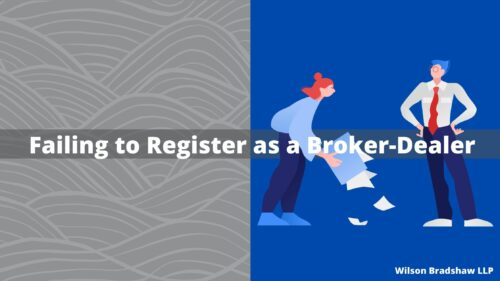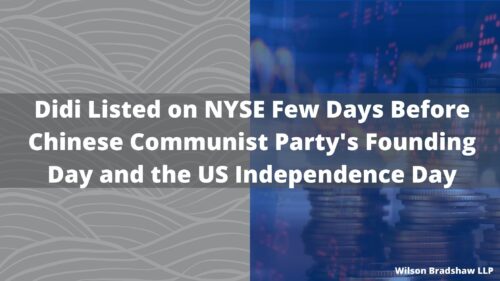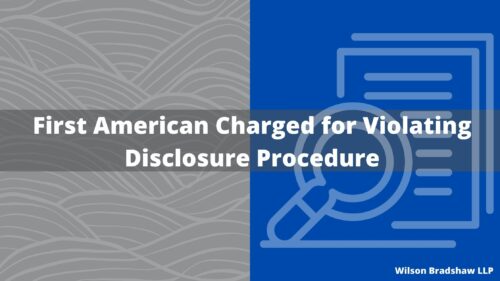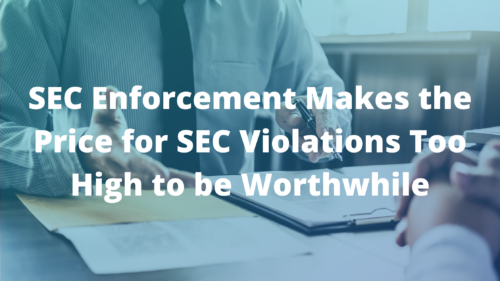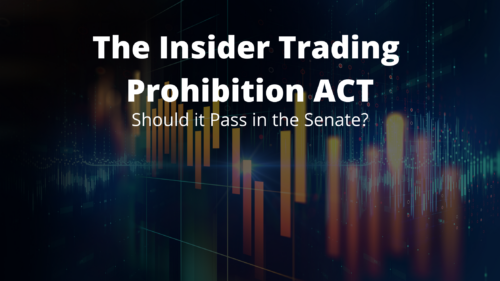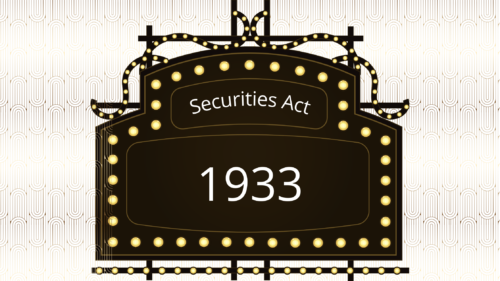Category Archives: Securities and Exchange Commission
Didi Listed on NYSE Few Days Before Chinese Communist Party’s Founding Day and the US Independence Day
Didi Inc., a Chinese version of Uber, was listed on NYSE (DIDI) on June 30, [...]
Jul
First American Charged for Violating Disclosure Procedure
On June 15th, 2021, the Securities and Exchange Commission (“SEC”) charged First American Financial Corporation, [...]
Jul
SEC Enforcement Makes the Price for SEC Violations Too High to be Worthwhile
SEC Enforcement, is the price for SEC violations too high to be worthwhile? The Securities [...]
Mar
DATA ANALYTICS – A POWERFUL ENFORCEMENT TOOL FOR THE SEC
The advancement of computer software has made data analytics a very powerful enforcement tool for [...]
Mar
The Securities and Exchange Commission with Settlement Offers
When violations are discovered by the Securities and Exchange Commission (“SEC” or “Commission”), many investigation [...]
Mar
The Insider Trading Prohibition ACT – Should it Pass in the Senate?
On December 5, 2019, the U. S. House of Representatives passed H. R. 2534, known [...]
Mar
What is a Rescission Offer?
A rescission offer takes place when an issuer offers to repurchase an investor’s securities and [...]
Mar
What is the Securities Act of 1933?
The Securities Act of 1933 was drafted by Commissioner Huston Thompson of the Federal Trade [...]
Mar

